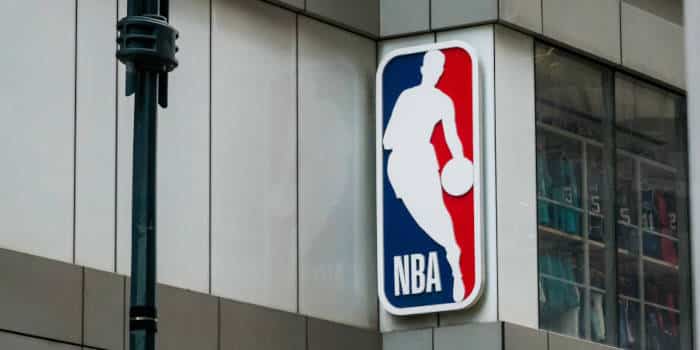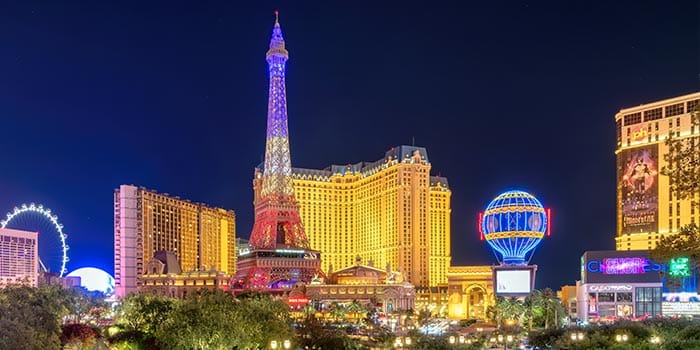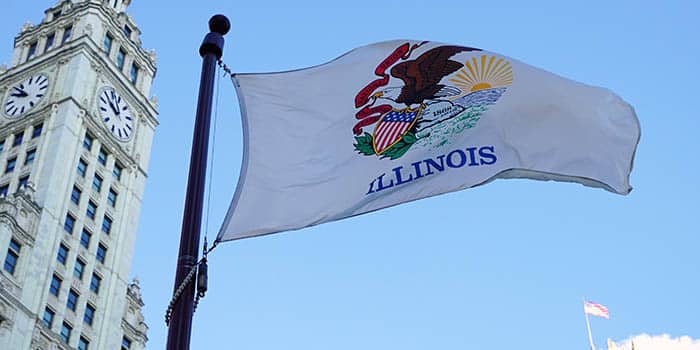- Casino
- By State
- Alabama
- Alaska
- Arizona
- Arkansas
- California
- Colorado
- Connecticut
- Delaware
- Georgia
- Florida
- Hawaii
- Idaho
- Illinois
- Indiana
- Iowa
- Kansas
- Kentucky
- Louisiana
- Maine
- Massachusetts
- Maryland
- Michigan
- Minnesota
- Mississippi
- Missouri
- Montana
- Nebraska
- Nevada
- New Hampshire
- New Jersey
- New Mexico
- New York
- North Carolina
- North Dakota
- Ohio
- Oklahoma
- Oregon
- Pennsylvania
- Rhode Island
- South Carolina
- South Dakota
- Tennessee
- Texas
- Utah
- Vermont
- Virginia
- Washington
- West Virginia
- Wisconsin
- Wyoming
- By State
- Slots
- Poker
- Sports
- Esports
Massachusetts Gaming Commission Looking into Casino Advertisement Practices

The Massachusetts Gaming Commission (MGA) is surely happy with the way the Bay State’s casino industry has performed. Hosting a bunch of casinos and a slot parlor, Massachusetts has been able to clock in over $1 billion in tax from gross gaming revenue over the past decade or so. Now, the MGA realizes that it needs to do more to ensure consumer safety.
Massachusetts Believes Excessive Advertisement Leads to Problem Gambling
A recent study by the commission pointed out that problem gambling may be an increasingly pressing issue in the state, but this is not necessarily because of the availability of gambling options. Rather, it may do with the way gambling is advertised in the first place.
The six-year study into problem gambling in the Bay State cited* by research manager Marie-Claire Flores Pajot and her colleagues cited increased publicity and media attention to gambling as one of the reasons why problem gambling has been increasing in the state.
This insight has proven important to the commission and its members who are exploring the reasons behind gambling addiction and how to draft rules that can reduce it. It would also be helpful to the commission at a time when the pressure to legalize sports gambling in the Bay State has been mounting.
But the commissioner’s key interest is protecting those who are vulnerable to problem gambling and individuals who are not yet of the legal gambling age. The commission is aware that men of lower socio-economic status are far more vulnerable to developing addictive practices, which would only worsen if sports betting was allowed in the state on a scale similar to other states.
MGA chairwoman Cathy Judd-Stein noted that sports betting was inherently tied with a “proliferation of gambling advertising” which should be addressed in any future gambling framework. The commission explained that gambling advertisement per se wasn’t the problem. However, the practices used to push gambling messages have become more pervasive which in turn made it harder to regulate.
Sports Betting Legalization Should Take Notice
Today, gambling is present on TV and in physical spaces such as billboards, the MGA explained. The commission also criticized the instances where advertisement fails to point out the risks of the activity:
“On the surface, it appears this is the free market at play. But gambling is not a risk-free activity and therefore commissioners may wish to consider additional measures to limit and/or contain gambling advertising in Massachusetts by our licensees and their parent companies in order to minimize harm.”
Massachusetts Gambling Commission
Naturally, the state already has clear-cut rules for its licensee holders. None of the three gambling properties in the state may target people who are not of the legal gambling age.
The way advertisement continues to proliferate, though, raises serious questions as to how sports betting can be legalized and whether it would be done in a safe and responsible manner. In the meantime, Massachusetts Governor Charlie Baker has been an outspoken supporter of sports betting legalization.
Judd-Stein noted that the rollout of any sports betting framework should come with robust rules as to how advertisement may take place.
*The research was conducted by the SEIGMA team at UMass.
Related Topics:
Luke is a media graduate who is looking to build upon his experiences from his strong love of sports betting and casino games which started during his first year of college. His fresh mindset always brings new content ideas to the team and his editorial skills will continue to grow with the help of the upper management team at Gambling News.
Must Read
Casino
June 24, 2025
NZ Opens Door to Regulated Online Casino Market
More Articles







Casino
June 30, 2025
Vietnam Greenlights $2B Van Don Casino Resort

Casino
June 30, 2025
BC.Game Player Turns $20 Bet into $100K+ Payout

Casino
June 30, 2025
Hard Rock Executive Under Fire Due to Alleged Misdeeds

Casino
June 30, 2025
Wynn COO Vows Change Amid Ongoing Regulatory Pressure

Casino
June 30, 2025
DIMOCO Enters Germany iGaming Market with Neo.Bet

Casino
June 30, 2025
Man Admits to Laundering Cocaine Money Through Casinos









